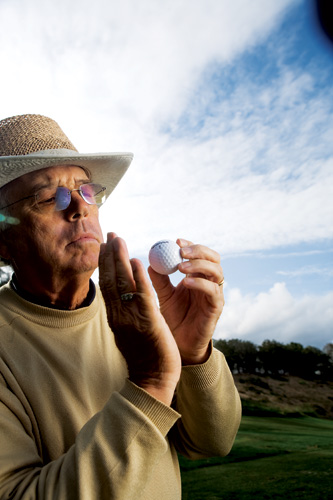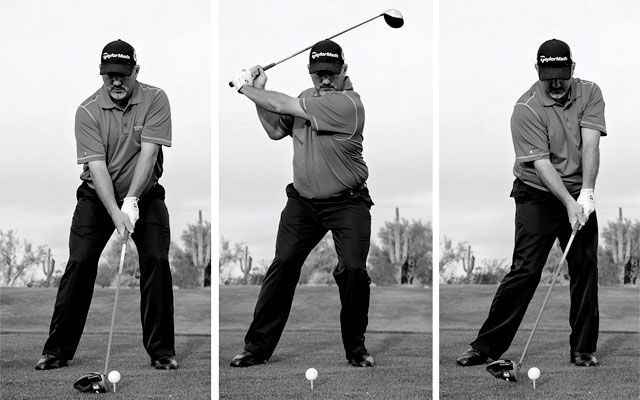shot gun identification
Question
I am affiliated with a small museum in Telluride, Colorado.
We have in our possession a double barrel shotgun.
It is stamped Moore and Co. Piccadilly, London. Also it indicates it has a laminated barrel with a stamping laminated steel, and then another stamp 2345. Can you help us identify this weapon?
Answer
Dan,
First, I have to state that this is not my area of expertise, so I have to set your expectation fairly low.
There are several British manufacturers of note for 'side by side' shotguns. They include Dickson, Holland and Holland, Prudey, Westley Richards and E.J. Churchill.
Most British high quality shotguns were handmade. If the gun was indeed manufactured in London, it is likely of higher value and of more historical interest. Unfortunately, many British manufacturers that stamped their guns as made in London, actually had them manufactured elsewhere, primarily in Birmingham.
The other wrinkle is this. While there was a British maker, Wm. Moore & Co that manufactured good quality shotguns prior to the turn of the century, primarily between 1854 and 1872. Around 1890, a company in New York, H&D Folsom Arms began importing shotguns into the US. At one point it used the name Wm. Moore and Co. on Belgian made shotguns. Folsom was a 'house brand' maker. They manufactured a large number of utilitarian guns under a wide variety of names. The guns were all of the same design and construction, just stamped with a different 'brand' appropriate to what the seller wanted. They were catering to an American market that desired a 'quality name' but didn't want to pay a 'quality price'.
The laminated barrel construction is a bit more unusual to see. In laminated barrels, the process begins with a ball of an iron/steel mix. The metal is hammered into long strips, twisted around a mandrel, then hammered and welded into a barrel tube. Barrels of this type will typically have weak spots honeycombed throughout the metal and cannot generally withstand the pressure of modern day ammunition. It would not be safe to fire. Unfortunately, these laminated barrels were present in both the British guns and the Belgian made knockoffs.
The genuine Wm. Moore's I have seen photos of typically have double hammers and double triggers. Inside the hammer is a recessed spot for a percussion cap. There might also be a 'tamping' rod underneath the two barrels. There would also be a fair amount of engraving on the lockplates, receiver, trigger guard and wedge plates. If there is no engraving, it is likely from Folsom, otherwise you do likely have a genuine Wm. Moore that is probably pre-1899.
Unfortunately, the number stamped on the gun doesn't help a great deal. The records from the Folsom days are long gone as is probably the case with the Wm. Moore records as well. You might examine the gun for proof marks. These would be small symbols that might be stamped on the gun near the trigger, on the sideplates or possible on the barrel.
Presence of any proof marks will also confirm the gun's european origin. Guns made for the American market do not have any proof marks.
I'm afraid that is about all I can tell you...sorry I can't be more helpful.
Regards,
Doug
need help
Browning stock


